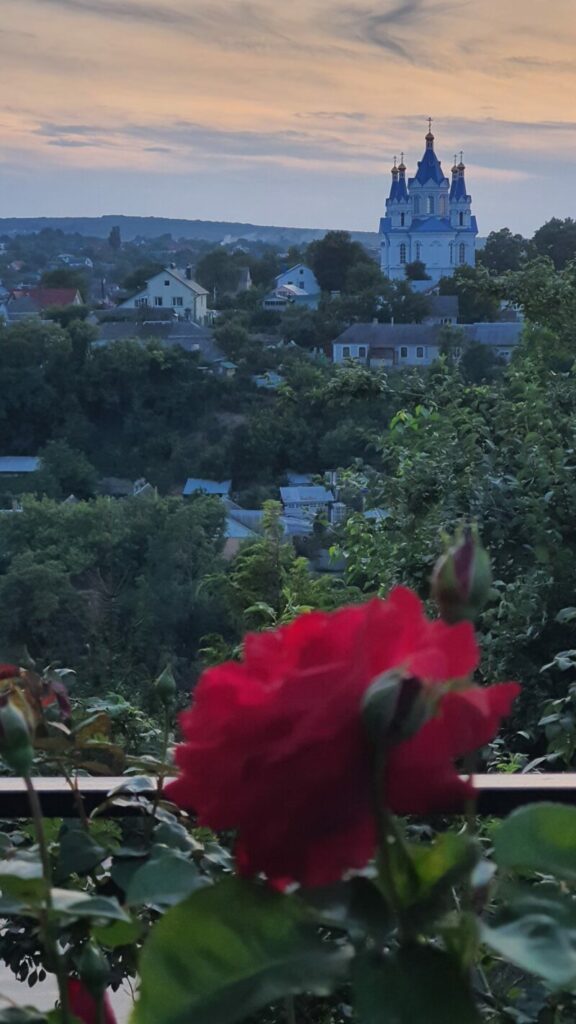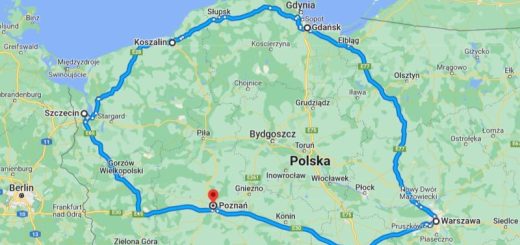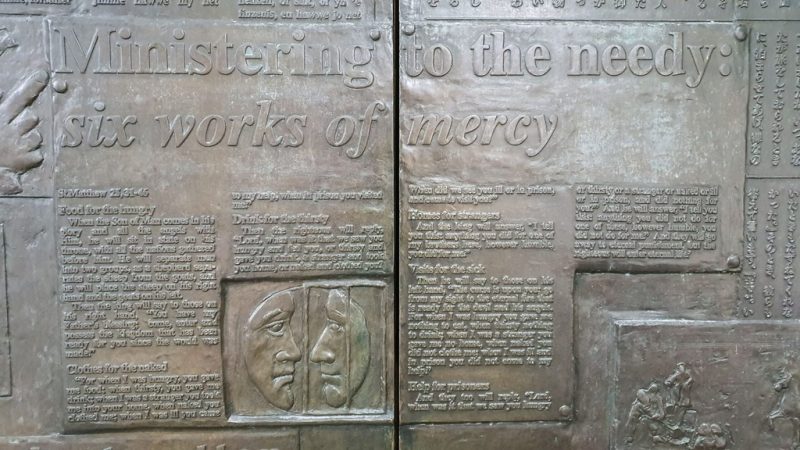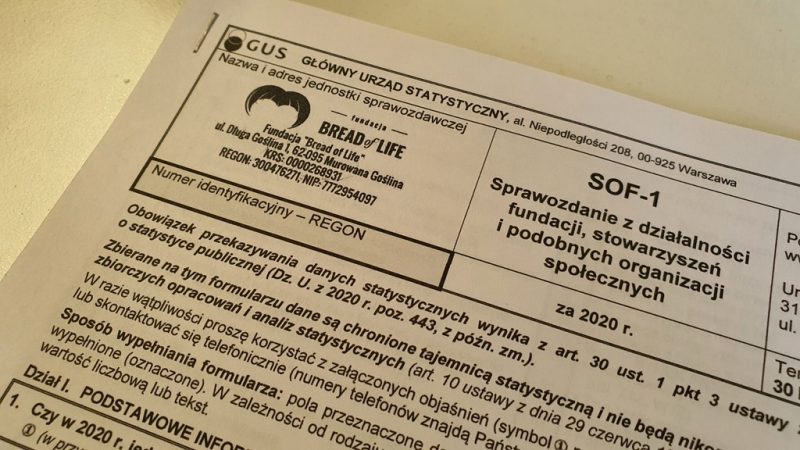Mission Ukraine – part 2 – Hope and determination
Our trip to Ukraine was so much more than “just” bringing help. It was also a renewed moment for contact – contact from heart to heart, with new relationships and a renewed impression of life in a war-torn country…
We were warned from all over before departure. Was it wise to hit the road, while all possible authorities do issue negative travel advices? Were we not afraid? No, we were not.
Also not during air-raid alarms, which we experienced almost daily. After a few days those became kind of normal, like during saying goodbye in front of the hospital in Ternopil:
Moments later we asked Tolik, the pastor of the church that hosted us, whether we did not take this too easily. “Ah”, he said, “we only had one big attack on Ternopil with direct hits, so what are the odds that strike number two would follow just today?”
Which, by the way, did not change the fact that two days later in Volochysk we had quite a restless night, with constant alarms. The next morning we heard that a number of missiles had hit just about 60 miles away, with several fatalities and great damage…
And so the picture is a very double one. Just a few impressions:
When we were in Lviv June last yoar, the city was very quiet with little traffic. Not in the least because there was hardly any fuel at the time. Although people tried to live their normal lives, one could sense a kind of fear.
Now, a year later, the city made a bustling impression, with crowds everywhere, an unprecedented liveliness and even plenty of construction activity.
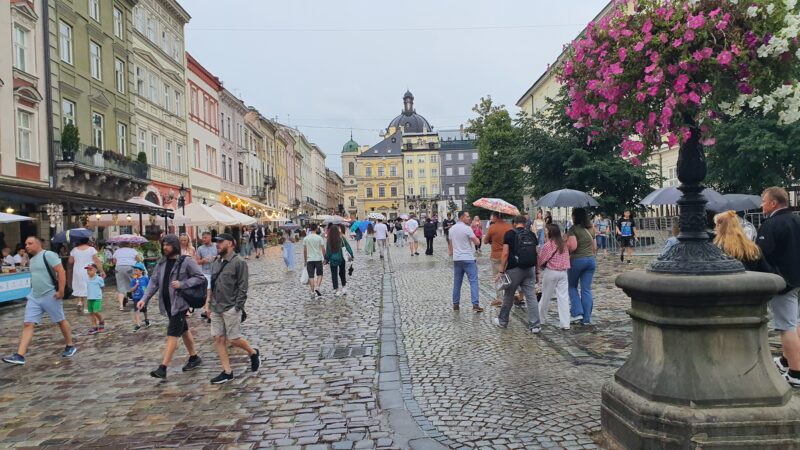
I knew that the city, close to the Polish border, had a population of nearly a million. I have been told that there are now almost 2 million, with lots of people from large cities such as Charkiv or Zaporizhzhia. And they all build a living, and do not wait passively for help. This we know too well from the refugees we know in Poland.
And so there are countless so-called “internally displaced”, who cannot or do not want to leave the country. Usually for pretty good reasons – men between the ages of 18 and 60, who have no responsibility for at least three minor children, cannot leave the country. Basta. Women and children could and can still flee, but how long can these families be separated…? And so many refugees from the occupied or shelled east and south of the country have opted for a new existence in the west.
With a supplementary risk, because the same men between 18 and 60 can be drafted for the army, and sent to the frontlines. Depending on the situation more or less voluntarily. And so we have heard various stories from reunited families, where the father hardly dares to show himself on the streets.
At provincial borders, and definitely not just there, there are still roadblocks with armed soldiers. No problem for us in our vans with Polish license plates, but a young guy must have very good papers and dispensations to be let through there. Bizarre.
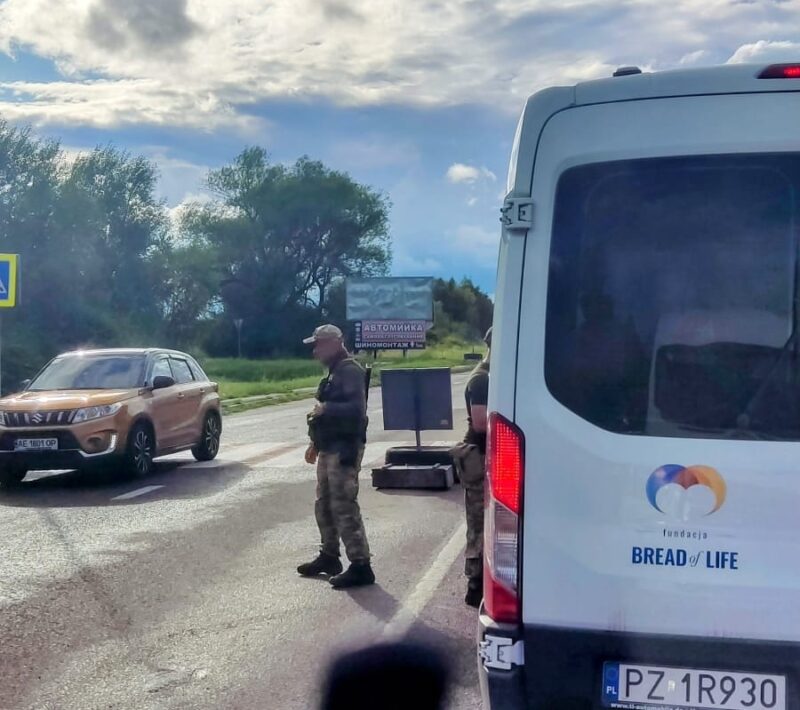
Does such a thing scare off the population? How do people deal with the fact that everyone has close friends of family members killed, or companions who are scarred for life or have to miss an arm or leg forever?
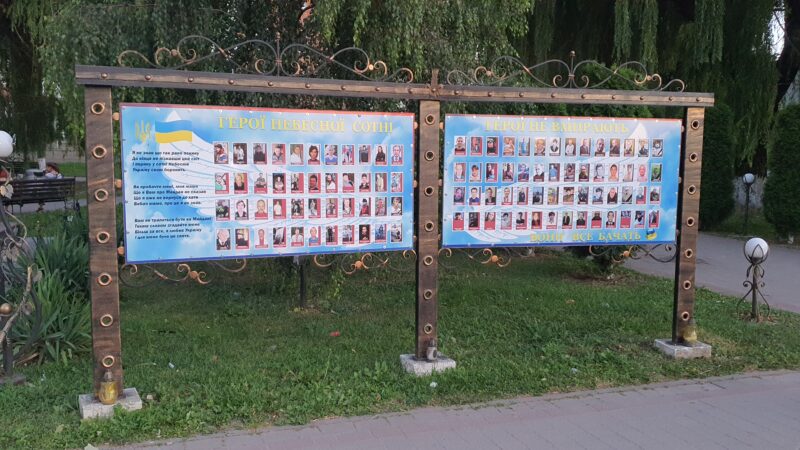
I know the image of Russian babushka’s who tell about the Soviet Union with nostalgia. Well, the Ukrainian babushka’s, yes, certainly those, tell a completely different story! Thirty years after the disintegration of the same Soviet Union, this is finally the opportunity for Ukraine to get out from under the yoke of the Russians, their exploitation and oppression! The price is terrible, but this is the moment!
To travel through Ukraine as a Pole or somebody else from the West is a feast of gratitude – yes, they appreciate all the help shown, involvement but also the political will from abroad. Yes, this is their moment, and they are overjoyed not to have to go through this agony completely alone!
To experience this involvement, this hope and also determination is moving!
